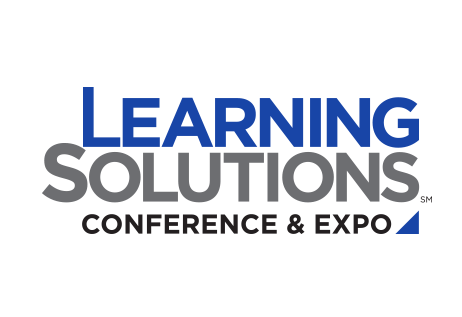ECO114 Facilitating an Organizational Learning Culture
10:45 AM - 11:45 AM Wednesday, March 16
Ecosystem - People
Camellia/Dogwood
The performance ecosystem is about more than just helping people do what is known that they need to do. In this era of continual change, the only sustainable differentiator will be the ability to adapt, deal with ambiguity, and innovate. This comes from a rich ecosystem, but it takes more. Where the culture doesn’t support sharing, where it’s not safe to contribute, the ecosystem can’t flourish, and organizations can miss out on the opportunity.
In this session, you will review the elements that make a learning culture. You will learn about what it takes to facilitate valuable interaction and the barriers that can hinder participation. You will explore what’s known not just about culture, but about making culture change happen. Additionally, you will learn about the keys to innovation: constructive interaction between people; and communication, sharing, and collaboration. You will learn about the process to develop conditions under which an ecosystem can operate optimally and provide the maximum benefit to the organization.
In this session, you will learn:
- The elements of a learning culture
- The components of innovation
- The key element to change
- Successful change practices
Audience:
Intermediate and advanced managers and directors.
Technology
discussed in this session:
N/A

Clark Quinn
Chief Learning Strategist
Upside Learning
Clark Quinn, PhD is the executive director of Quinnovation, co-director of the Learning Development Accelerator, and chief learning strategist for Upside Learning. With more than four decades of experience at the cutting edge of learning, Dr. Quinn is an internationally known speaker, consultant, and author of seven books. He combines a deep knowledge of cognitive science and broad experience with technology into strategic design solutions that achieve innovative yet practical outcomes for corporations, higher-education, not-for-profit, and government organizations.



























